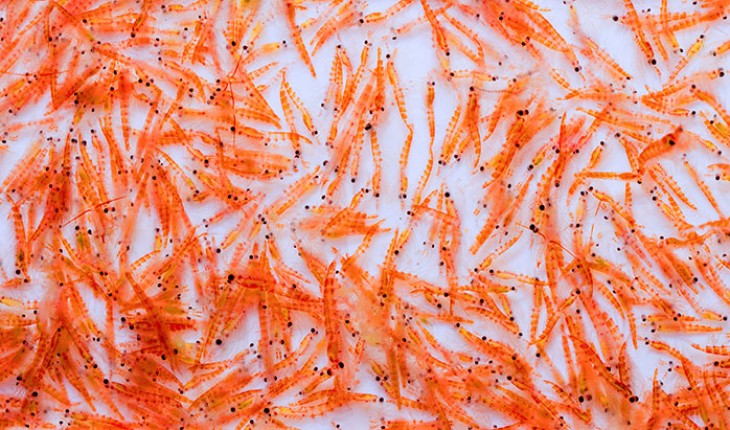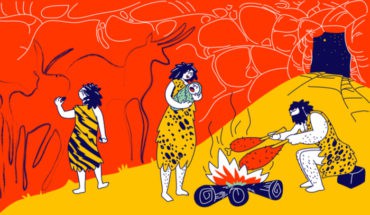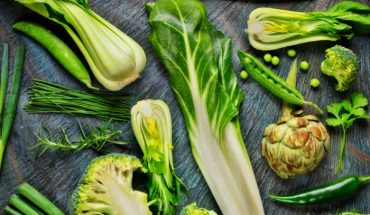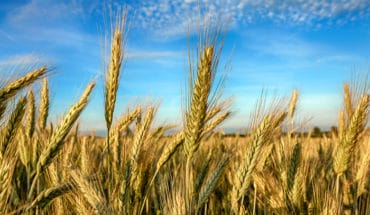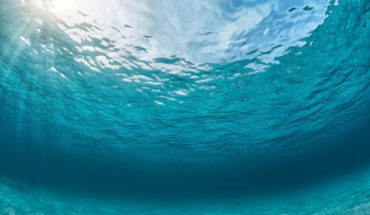Although the Chinese have fished for krill on a relatively small scale for years (it is considered a delicacy), they have recently ramped up their efforts – motivated in part by a young health conscious population that have money to spare for omega-3 supplements. And two of the world’s biggest distributors are now entering the fray. In January 2014, Aker BioMarine of Norway achieved New Food Raw Material status for Superba krill in China Neptune of Canada, came hot on its heels. They both have sustainability policies and claim to follow international rules, but they are opening the way for less scrupulous competitors.
Environmentalists who care about Antarctica are already concerned. The Antarctic and Southern Ocean Coalition, an umbrella organisation representing NGOs including the World Wildlife Fund, Pew Charitable Trusts and Greenpeace among others, believes that the current management of the fishery is insufficient to prevent serious harm to the many animals dependent on krill for food.
They worry that this new predicted boom in krill oil could be enough to cause a catastrophic decline in numbers. Many species of whales depend entirely on krill which are important throughout the entire oceanic ecosystem.
Also, there are multiple species – from Antarctic to Pacific krill. The United States preemptively banned fishing off the Pacific Coast – before there was even any commercial fishery in place – to preserve the ecosystem and protect other commercially valuable species that are dependent on krill.
Although krill, in terms of sheer biomass, is possibly the largest species alive on the planet, roughly twice that of humans, there are already worrying signs that the stocks may have been seriously depleted in the last few years. No biomass survey has been undertaken since 2000 and monitoring is poor. Whether from fishing, or global warming, numbers may have dropped [in the south-west Atlantic region of the Antarctic] by as much as 80 per cent since the 1970’s – so today’s stocks are a mere 1/5th of what they were only 30 years ago. “Fishing in combination with the effects of climate change may reduce krill availability for predators like penguins, whales and seals, putting the ecosystem at risk.” said Mark Epstein (ASOC Executive Director). A multinational treaty-based organisation called Convention on the Conservation of Antarctic Marine Living Resources (CCAMLR) monitors krill harvests and even have sheriffs [change from sheriffs to scientific observers] on trawlers, but there are concerns that they are moving too slowly to protect krill.
“The survival of penguins, whales and other Antarctic animals depend on sufficient krill as a food source. Setting aside just part of these waters as no-fishing marine protected areas is a sensible step,” said Andrea Kavanagh, director of the Global Penguin Conservation Campaign at the Pew Charitable Trusts.
- Combination of drugs could prevent thousands of heart attacks - 21st April 2025
- UQ Study Links Poor Teen Diets to Heavy Social Media Use - 21st April 2025
- Gut microbiome could delay onset of type 1 diabetes - 3rd April 2025
